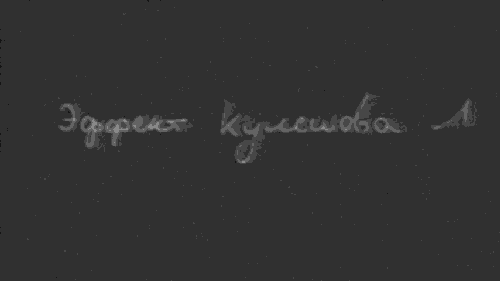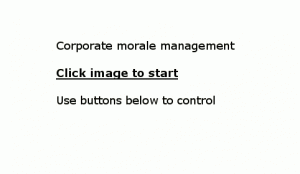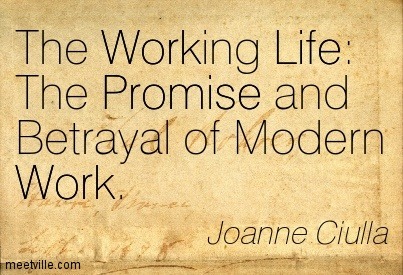“For me, story is defined as something—anything—that insists on some kind of relationship between chronology and causation.” B. Short.

source for gif: http://youtu.be/_gGl3LJ7vHc
Anything that insists on a connection between chronology and causation is a story, says Brian Short. He uses the ‘Kuleshov effect’ to explain what he means:
“In this experiment, Lev Kuleshov put a moving image—a shot of Tsarist matinee idol Ivan Mosjoukine looking blankly at the camera—before another moving image—a shot of a bowl of soup. Then we cut back to Mosjoukine, then we cut to a new shot—of a coffin with a body in it. Then Mosjoukine again, then a lady reclining on a couch. In each shot, Mosjoukine’s expression seems slightly different, switching from hunger to sadness to lust without ever actually changing. It’s the same footage. And yet, in its subtleties, Mosjoukine’s expression seems a response to the image that comes right after.”
We fill in the gaps of what is not there in our drive for a coherent narrative. Good stories use our inability to see what is actually there bottom up, we will fill in gaps top down based on our expectations and past history.
The praise/rebuke game created by David Kernohan is another example of this. He asks readers to click to offer praise or rebuke and notice impact on morale in a ‘game’ he created. As we click to get the graph to fit our expectations, we get impatient. It took me a few goes to see that I had no impact at all no matter where I clicked. It is just an animated gif creating the illusion of control. Clever.

Our unconscious expectations about the world impact significantly what we foreground in our experiences. As we start this ‘DS106 goes to work’ course, Alan Levine reflects on the way work is represented in popular culture,
Comedic or dark and evil – is this the only way corporate culture is represented in popular culture? Might there be other ways to represent it?
In the next few weeks, this shrink wants to focus on precisely this. What are my unchallenged, background assumptions about work? What stories do I tell myself and others about the workplace? One of the most powerful books I have read on the meaning of work is from a sociologist,

This book is no Hollywood, it is awesome and a difficult read. It challenged many of my pollyanna attitudes about my role as a developer of people and organisations when I first read it a few years ago. Today I look forward to having my attitudes challenged in a more DS106 kind of way: might there be other ways to represent working life beyond stereotypes?
I look forward to everyone’s explorations in the next few weeks. Now, let’s get to work!
Leave a Reply